C.R.M Nilsson tipsar om tre svenska författare:
”Den nya människan av Boel Bermann är en svensk dystopi där det, efter åratal av larmrapporter om att det föds alltmer mindre barn, helt plötsligt slutar födas barn. Efter ett par år börjar det födas barn å nytt, bara det att dessa barn är skrämmande annorlunda. Stundtals väldigt otäck, men den är en av årets favoriter.”
Vilka två andra kom med på listan?
Läs tipsen här: http://lacrimamens.com/blog/tematrio-sverige.html
Arkiv för juni 2014
Tematrio: Sverige
Tematrio – Sverige / Bokmoster
”I student- och skolavslutningsveckan passar det bra att prata om Sverige, och kanske lite grann deppa över att vi inte tog oss till VM i Brasilien… Veckans tematrio: Berätta om tre svenska författare!
Boel Bermann debuterade förra året med Den nya människan (min recension), en otäck och tänkvärd science fiction-dystopi om vad som kanske väntar i vårt framtida samhälle. Som alltid när det handlar om barn blir det extra obehagligt.”
Läs hela Bokmosters lista här:
http://bokmoster.blogspot.se/2014/06/tematrio-sverige.html
Topp tio böcker hittills 2014/ C.R.M Nilsson
Topp tio böcker hittills 2014/ C.R.M Nilsson
”Den nya människan av Boel Bermann: ”I åratal har de larmat om att det föds allt mindre barn. Plötsligt upphör barnafödandet helt. När det på nytt börjar födas barn igen, är dessa barn väldigt annorlunda. Stark världsbyggnad i en stundtals mycket otäck bok.”
Vilka andra böcker hör till årets bästa? Läs hela listan här:
http://lacrimamens.com/blog/topp-tio-bocker-hittills-2014.html
P4 Förmiddag om ny svensk science fiction
Anders Olsson, bibliotekarie på stadsbiblioteket i Göteborg, berättar om ny svensk science fiction och delar med sig av boktips:
“Litteratur testar olika idéer och koncept och inom science fiction är ramarna vidare än i andra genres. Vi kan använda litteraturen till att utforska vår samtid, även om man skriver om en framtid som är långt fram i tiden. Det är ganska vanligt inom science fiction och traditionellt är man ganska kritisk.”
Lyssna på P4 Förmiddag här:
http://sverigesradio.se/sida/avsnitt/380398?programid=2369
(Science fiction intervjun hittas mellan 2:03:58 – 2:26:20)
Anders Olssons Boktips:
Uppdrag Silverstjärnan av Peter Ekberg
Den nya människan av Boel Bermann
Sången ur det kinesiska rummet av Sam Ghazi
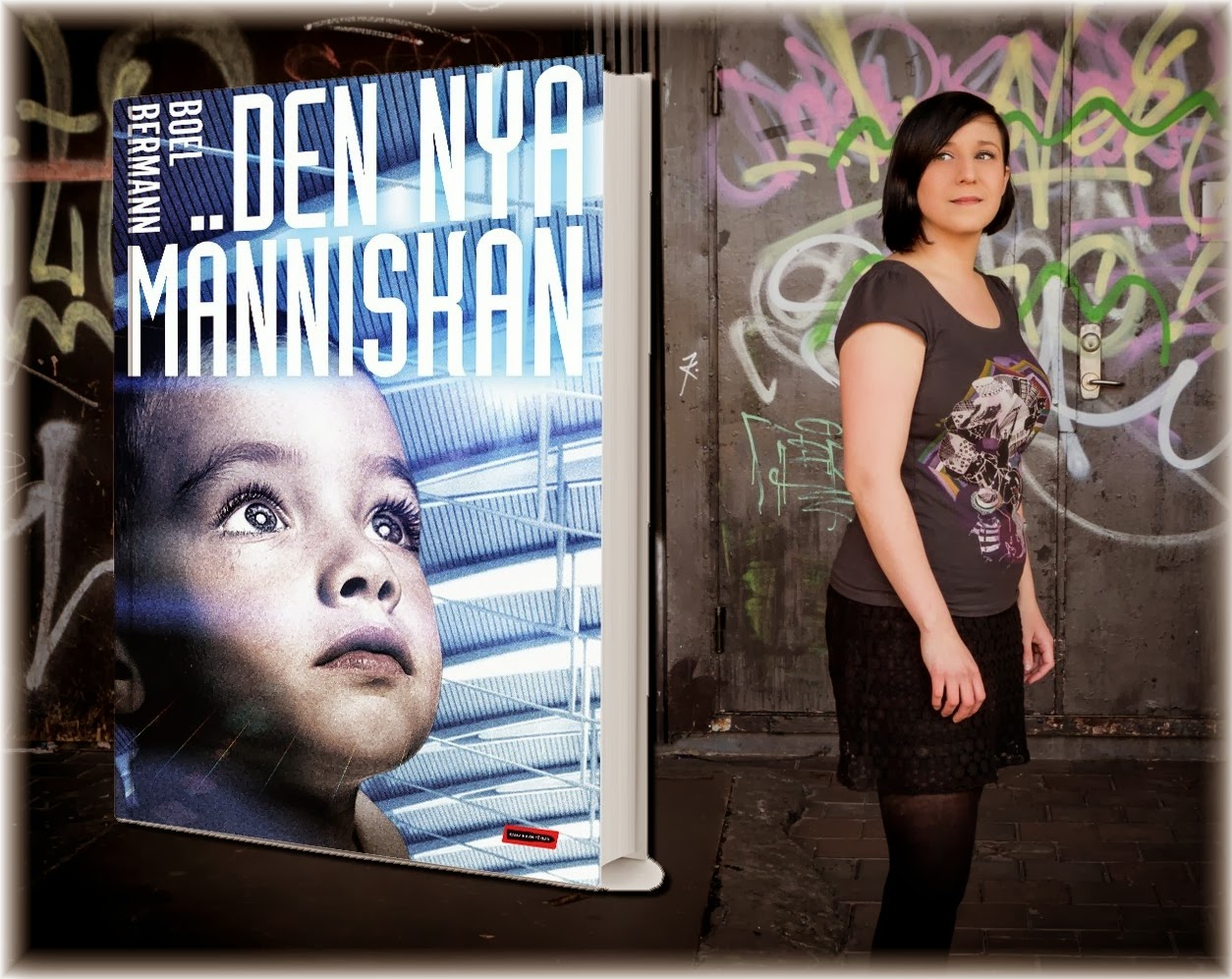
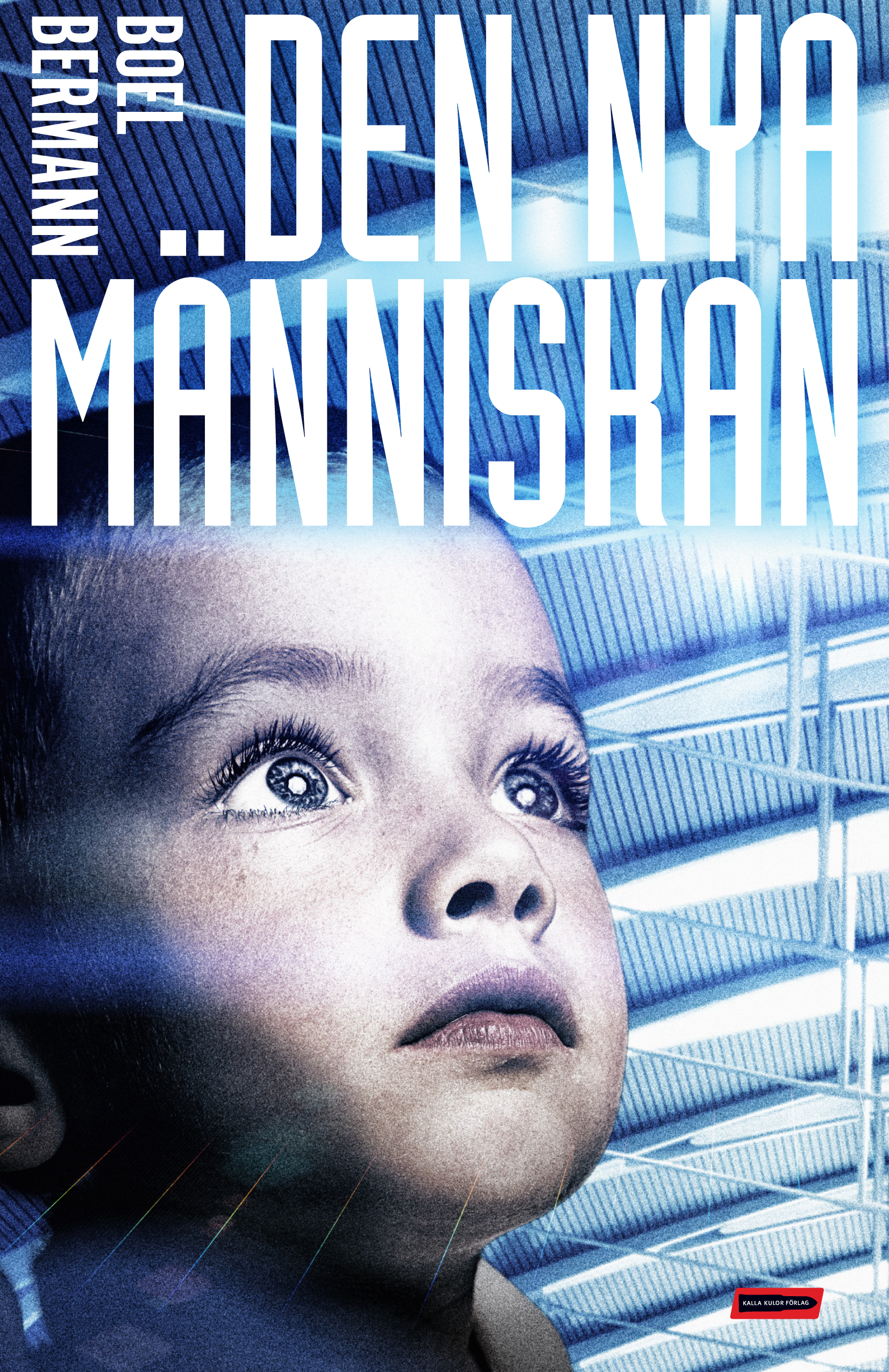

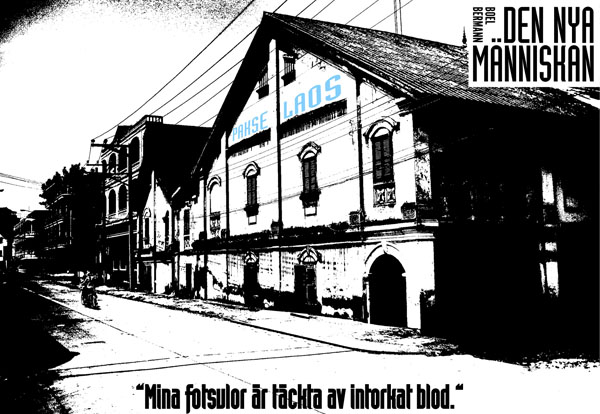
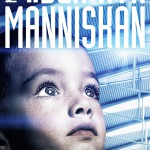

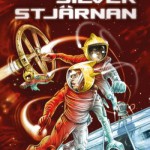
Kommentarer